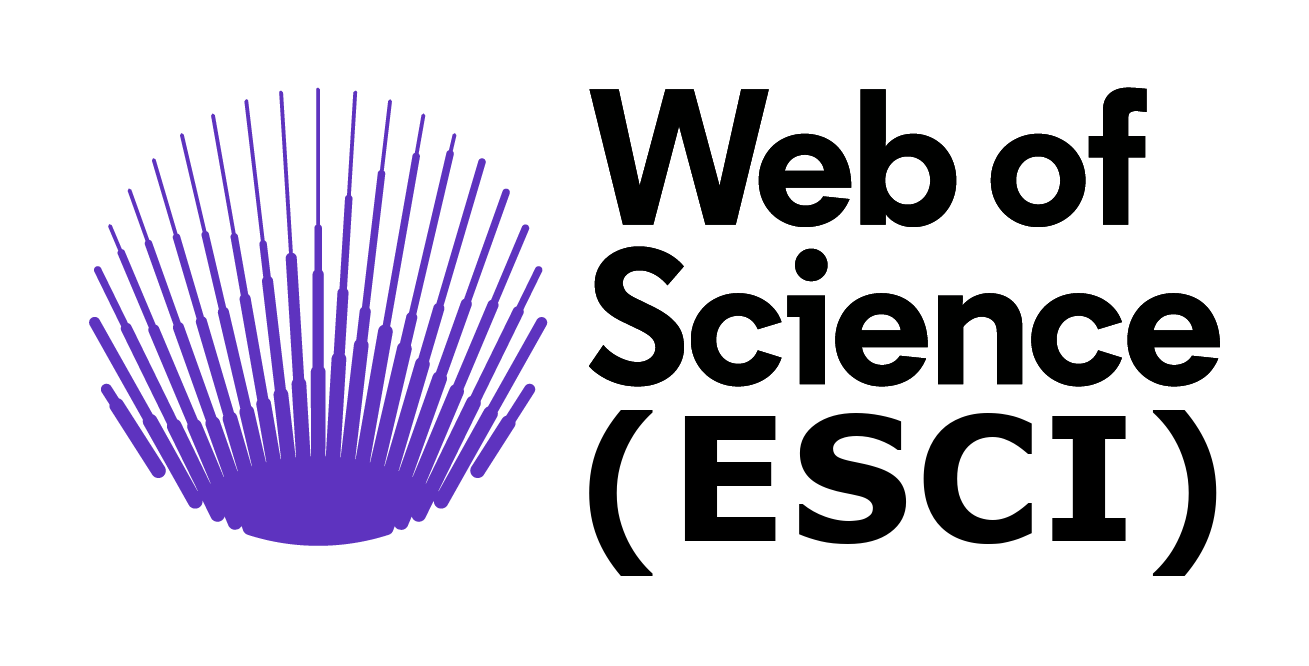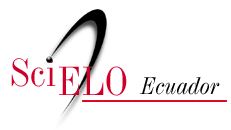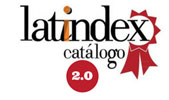Degradación de residuos vegetales mediante inoculación con cepas microbianas
DOI:
https://doi.org/10.29019/enfoqueute.v4n1.21Palabras clave:
residuos, cepas, lignocelulosa, enzimas, inoculaciónResumen
(Recibido: 2013/03/31 - Aceptado: 2013/06/02)
El tratamiento de los residuos vegetales producto de desechos urbanos, procesos agrícolas eindustriales enfrenta varios problemas técnicos y constituye una preocupación ambientalimportante. Entre ellos se destacan la permanencia de productos fitosanitarios en altasconcentraciones en el material vegetal unido a la carencia de microorganismos que puedantolerar dichos compuestos y logren descomponer eficientemente el sustrato. Las bacterias yprincipalmente los hongos de la podredumbre blanca son los mejores degradadores demateriales lignocelulósicos por su capacidad de sintetizar enzimas extracelulares hidrolíticas yoxidativas en altas cantidades. Trichoderma reesei, Aspergillus niger, Penicillium sp. yPhanerochaete chrysosporium son cepas modelo cuya eficiencia de degradación de materialesricos en lignocelulosa incluso en presencia de contaminantes ha sido comprobada. Se estánrealizando varios estudios de mutagénesis dirigida, co-cultivo y expresión heteróloga, con elobjeto de mejorar el contenido de enzimas (celulasas, xylanasas, y β-glucosidasas) en variascepas, además de nuevas búsquedas genéticas para encontrar otros microorganismos coneste potencial. Su principal aplicación es la producción industrial de etanol y metabolitossecundarios bajo condiciones controladas en procesos de fermentación. Esta revisiónproporciona una perspectiva general de las estrategias y metodologías actualmente usadaspara el aprovechamiento de residuos vegetales mediante inoculación de cepas microbianas.
Descargas
Descargas
Publicado
Número
Sección
Licencia
Los autores retienen todos sus derechos (© copyright).
- Los autores retienen sus derechos de marca y patente, y también sobre cualquier proceso o procedimiento descrito en el artículo.
- Los autores retienen el derecho de compartir, copiar, distribuir, ejecutar y comunicar públicamente el artículo publicado en Enfoque UTE (por ejemplo, colocarlo en un repositorio institucional o publicarlo en un libro), siempre que se dé el reconocimiento de su publicación inicial en la revista Enfoque UTE.
- Los autores retienen el derecho a hacer una posterior publicación de su trabajo, de utilizar el artículo o cualquier parte de aquel (por ejemplo: una compilación de sus trabajos, notas para conferencias, tesis, o para un libro), siempre que indiquen la fuente de publicación (autores del trabajo, revista, volumen, número y fecha).
























